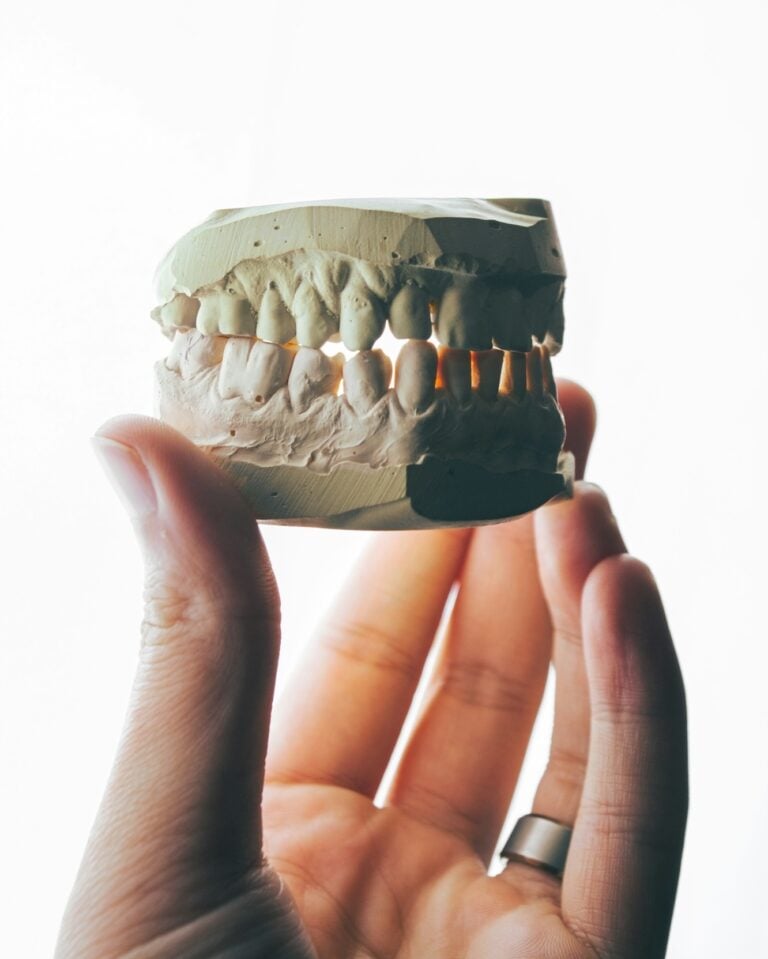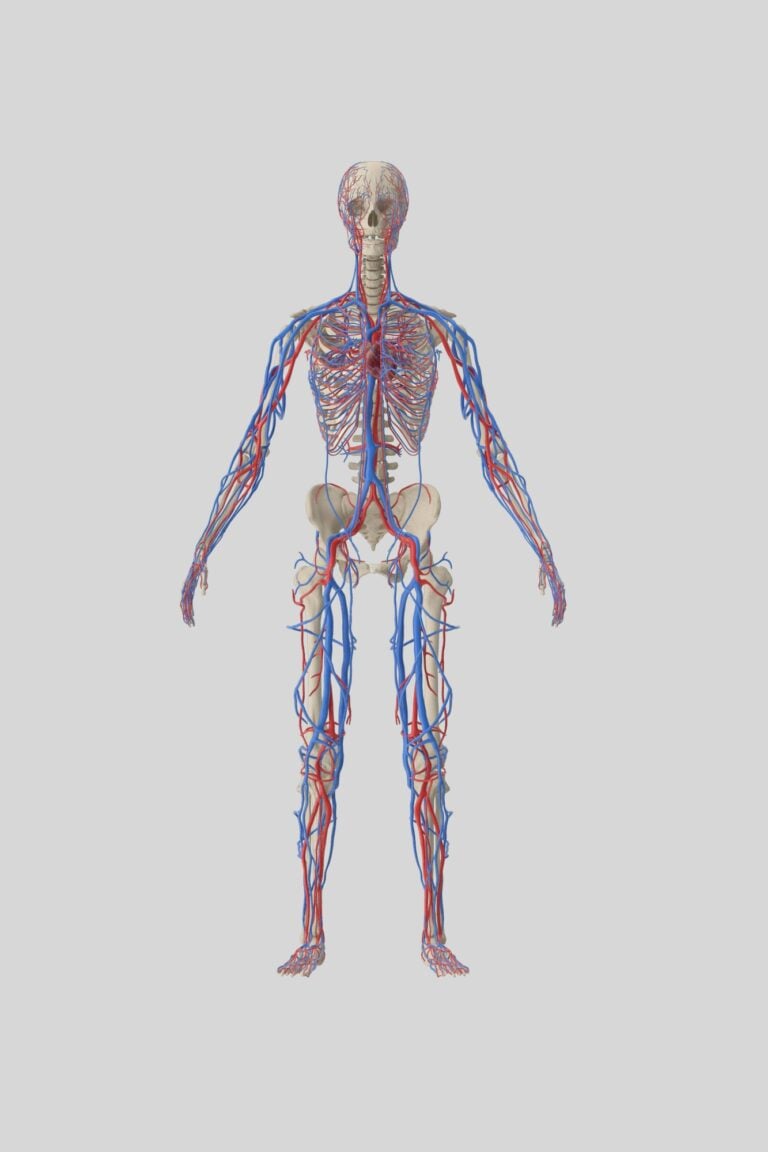Nerve pain, also known as neuralgia or neuropathic pain, is a painful burning, stabbing, or shooting sensation felt along the nerves. The pain is caused when damaged nerve cells send the wrong signals to the pain centres in your body. It could present at varying intensity levels along any part of the central nervous system (CNS), including the brain, spinal cord, and peripheral nerves along the arms, legs, extremities, and organs.
Nerve pain stands in contrast to nociceptive pain, the type of pain with a clearly identifiable cause such as a cut or a burn. The causes of nerve pain are largely internal and can be difficult to diagnose in certain circumstances, not surprising if you consider that there are several hundred conditions and diseases that damage nerves.
Osteopathy is one of several options available to those suffering from nerve pain. Our hands-on techniques improve alignment and healthy functioning of the musculoskeletal system, alleviating pressure on nerves, reducing pain, and facilitating healing and recovery.
If you’re suffering from nerve pain, contact Stephen Sacks Osteopathy at 020 3865 9044 or make an online booking. I provide effective and affordable treatment for nerve pain stemming from:
- Nerve impingement: also known as a pinched nerve.
- Sciatica: pain radiating from the lower back down the legs.
- Carpal Tunnel Syndrome: pain, numbness, and tingling in the hand, wrist, and arm.
- Thoracic Outlet Syndrome: pain, numbness, and tingling in the neck, shoulder, and arm.
- Peripheral neuropathy: pain, numbness, and weakness in the arms and legs.
- Postural Strain and Repetitive Strain Injuries: nerve pain due to poor posture or repetitive motions.
- Headaches and migraines: caused by nerve damage or irritation in the neck or upper back.
- Facial Pain: mild to severe pain on the side of the face and jaw.
- Chronic Pain Conditions: pain management for conditions such as fibromyalgia.
Please contact me in Harley Street or Highgate to discuss your nerve pain.











